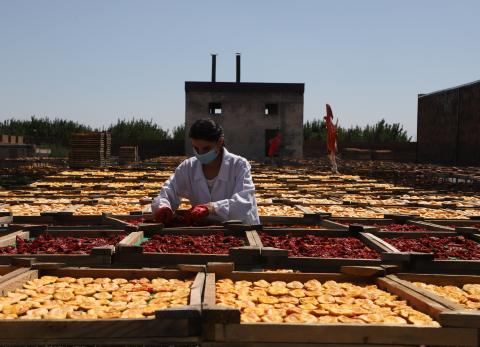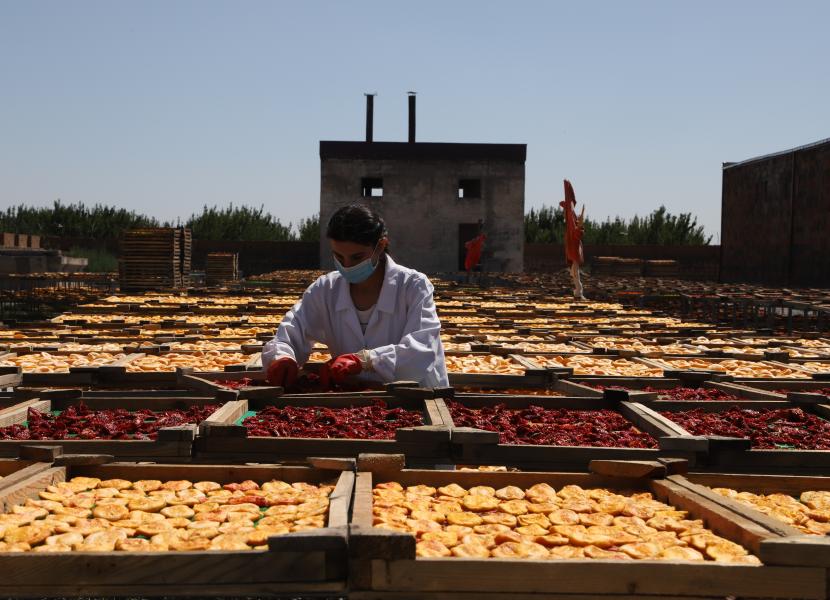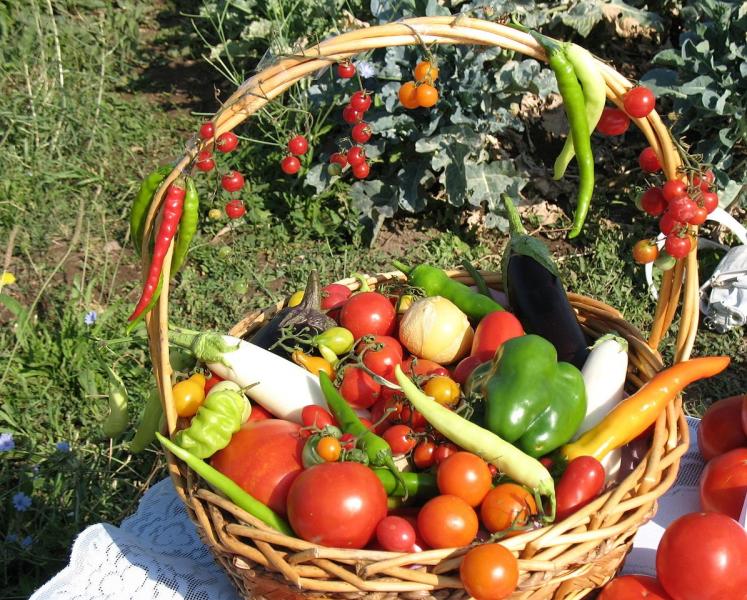
With the support of the EU4Business Initiative, 10 Armenian companies will be provided with food safety system enforcement plans, while five of those with greater export potential will be trained for certification.
On its way from farm to market, food can encounter various health hazards. Such risks are present throughout the entire production chain, from initial to final stages.
Ensuring food safety is key to public health and to a country’s economic growth. Adopting best international practice enables companies to produce safer, more reliable and competitive food products, which in turn allows for better representation on international markets. The Law of the Republic of Armenia on Food Safety stipulates the mandatory introduction and use of the Hazard Analysis Critical Control Points (HACCP) system for all food producers in Armenia. To make it possible, the Eastern Partnership: Ready to Trade, an EU4Business initiative, extended a helping hand to local food producers. The project is being implemented by the International Trade Centre (ITC) and funded by the European Union under its EU4Business Initiative.
One of the ways to guarantee that food has been produced in line with proper food safety standards is an ISO 22000:2018 compliance certificate. This helps identify the company as a reliable partner as early as the negotiations stage. This certificate is key, as rules are different in well-established markets where wholesalers set the terms. The certificate confirms that the imported food is in compliance with best international practice, and that hazard analysis and control of critical points has taken place. It proves that the product meets the food safety regulations of the importing country. Different countries adhere to different approaches when setting food safety indicators in terms of presence of heavy metals, hormones, antibiotics, and contamination with microorganisms. The HACCP system helps the producer control these factors in the final product.
Since 2018, the International Trade Centre has provided customised consultations under the Eastern Partnership: Ready to Trade, an EU4Business initiative, to 10 companies by helping them put food safety systems in place. Four more companies will join the current beneficiaries by the spring of 2021. As part of this project, all 10 companies will be provided with system enforcement plans, while the five with greater export potential will be trained for certification. ITC also intends to cover the costs of auditing services and for the maintenance of certification for certain companies over the next three years.
“In fact, these companies are taking on a major responsibility by agreeing to accept the rules of the game and be supervised regularly,” says Artavazd Baghdasaryan, a consultant for the International Trade Centre and Integrated Management Solutions Company. “In the early stages, introducing the international food safety system may increase the cost of the product. However, it makes the companies more flexible and competitive by ensuring sustainable growth and solid market positions.”
“We separated the production of teas and dried fruits due to food safety requirements,” says Rita Martirosyan, a project beneficiary and Director of Ritea Company. “The new factory has been constructed in line with international standards. Regardless of the market we are aiming for, having a food safety system in place is key to building the trust of the importing country.”
Over 200 companies in Armenia have already introduced food safety management systems in compliance with the ISO 22000։2018 standard. Fifty of them are continuing to develop their food safety management systems.
“Still, a piece of paper can’t be the sole proof of a company’s adherence to food safety standards,” says Lida Devejyan, Deputy Director of the Arcolad Company. “Rather, it should be at the core of the company’s policies and require daily strict adherence to sanitary and other norms established by the system.”
The principle of transparency and traceability makes it possible to register and control the entire production chain, from getting raw materials to transporting the final product.
“Certified organisations partner with tried and tested suppliers, which reduces the chances of having hazardous materials in the production process and final product,” the expert adds. “This control mechanism indirectly contributes to the continuous development of the organisations involved in the supply chain.”
The introduction of ISO 22000:2018 systems opens up better prospects for Armenian companies and gives them greater flexibility when targeting international markets and partners.



